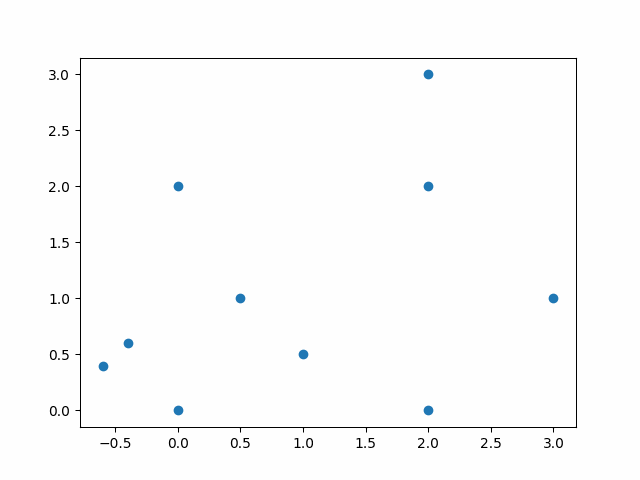Vlassis Mastrantonis
About
Welcome to my webpage! I am an H.C. Wang Assistant Professor at Cornell University. I am interested in geometric analysis, convex geometry, several complex variables, and geometric flows.
I completed my PhD in 2025 at the University of Maryland, College Park under the supervision of Yanir A. Rubinstein. Prior to that, I completed Part III of the Mathematical Tripos at Cambridge University in 2018, and received my undergraduate degree in Mathematics from the University of Athens in 2017.
Books
Publications and Preprints
Invited Conference Talks
Invited Seminar Talks
Outreach
Over the past three years, I have mentored five undergraduate projects for the Directed Reading Program at the University of Maryland:
- Alejandro Escoto, Geometric Flows in Python, Fall 2023
- Brooke Guo, The isoperimetric inequality from antiquity to Steiner, Spring 2023
- Alejandro Escoto, The de Rham cohomology, Fall 2022
- Abdulrahman Alenazi, The 2-dimensional Mahler conjecture, Spring 2022
- Aryan Kaul, The 2-dimensional Brouwer fixed point theorem, Spring 2021
I also gave a talk at the Interaction between Convex Geometry and Complex Geometry REU at the University of Maryland on July 1, 2024.
Code
magicMahler is a Python library designed for geometric computations involving polytopes in the plane. Key features include calculating essential notions from my research:
- \(L^p\)-Mahler volumes
- The isotropic constant
- The B-constant
- Implementation of the Mahler algorithm
- Implementation of the Graham scan for finding the extreme points in \(nlogn\) time.
Here is an example of a Graham scan implementation:
